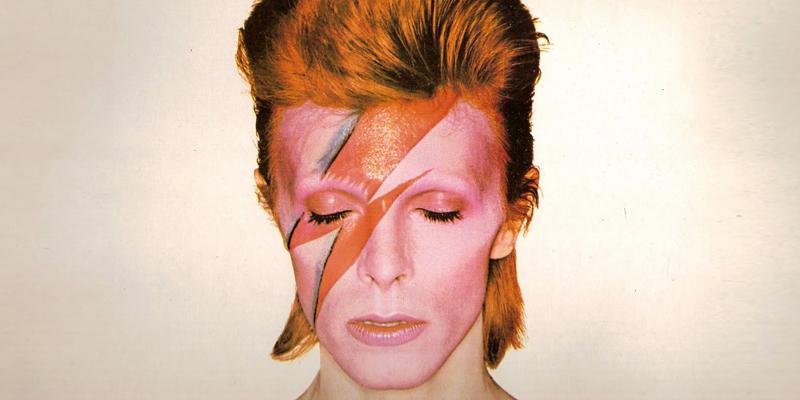David Bowie: A True Star
January 26, 2016
For many, the news of David Bowie’s passing was unfathomable. He was a man who seemed to transcend humanity; it was as though normal human laws such as mortality didn’t affect him.
The world was sent into mourning when the news of his death broke. Billboard.com reported that over 4.3 million tribute tweets were posted using the #RIPDavidBowie tag. All types of people from around the world were hit hard by the loss of the star.
Students and staff alike at AVHS had their hearts broken. Art teacher Mrs. Porter said, “I was super sad. My husband told me. I got really choked up and I cried, because he’s really this icon who’s lived and created music for fifty years. If you think about all the music that’s been created from the 70’s until now, he really sort of hit every generation. It’s sad that kids aren’t going to be able to see him create anything new.”
Like many other students, sophomore Emily Westcot grew up listening to Bowie’s music. “I was shocked, to put it simply. When someone with such influence in people’s lives and childhoods passes away, it’s almost like a reminder that life is always going, and everyone is growing up and getting older.”
From films to music to art, David Bowie was world renowned. He was somehow always just ahead of the curve or completely flipping both genre and expectations on their head, forming something incredible and new in the process.

Bowie’s influence reached across time and genre. “The first time I heard David Bowie was when a boy made me a mixtape in highschool, and David Bowie was on it,” said Mrs. Porter. “The very first song was Heroes, and it’s probably one of my all time favorites.”
But David Bowie wasn’t just a success–he was an icon and an inspiration. He was a trailblazer for art in many forms. For nearly five decades he was a phenomenon, starting with his rise to popularity with the stellar Space Oddity (1969). He also rose as a sci-fi fantasy legend, appearing in classic movies like The Hunger (1983) and The Man Who Fell To Earth (1976)–not to mention his unforgettable role as Jared the Goblin King in Labyrinth (1986).
David Bowie’s work ascended to a new form of art completely. He was never one to abide by current trends; instead he followed his own unique visions. Some even credit Bowie with the creation of the “glam rock” genre. His personal fashion highly reflected this: he could pull off anything, and he used that to his advantage, taking the stage with countless intricate, peculiar, and grandiose outfits and characters.
“He was kind of like a Chameleon in that he hit almost every genre of music,” said Mrs. Porter. “He was kind of weird in a super cool way and really unique and wasn’t afraid to be himself – which I totally loved at the time period when you’re in highschool, trying to figure out who you are and what you like. It really resonated with me because I felt like there was somebody I could connect with out there.”
Senior Lu’Cinda Pena spoke of how he inspired her: “His style–it’s kind of like a goal to dress like David Bowie. He could look good in anything. He was just so amazing: model, actor, all of that. David Bowie was not only a person, he was an experience for the entire world.”
He was always driven by himself, not by money or fame. Bowie chose to keep the details of his disease hidden from the public, and completed his final album Blackstar as a parting gift to the world and music itself. His last music video for the song Lazarus was released only two days before his death–you can tell this was how he meant it to be viewed.
http://https://www.youtube.com/watch?v=y-JqH1M4Ya8
Every word carries heavy meaning, and the imagery of the video is terrifying clear–the opening line “Look up here, I’m in heaven” and a lurking, ever present danger personified. The use of medical imagery adds to the intense impact that is left on the viewer.
David Bowie’s death marks the end of an era; music will never be the same without him. But Bowie is immortal in a way. He will never be truly gone; we will always have the numerous masterpieces he left us. His art will continue to inspire us, and as Bowie once said, “We can be heroes.”



